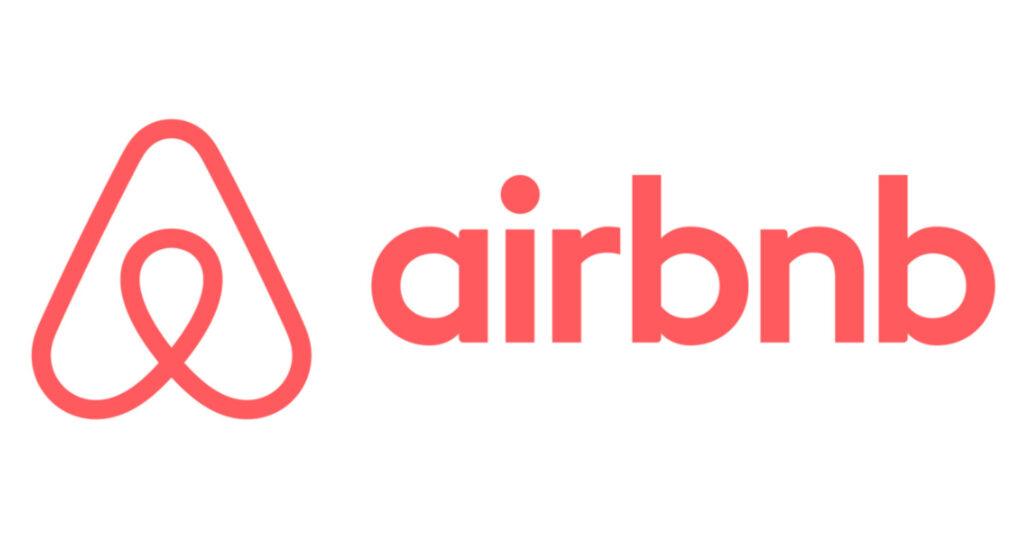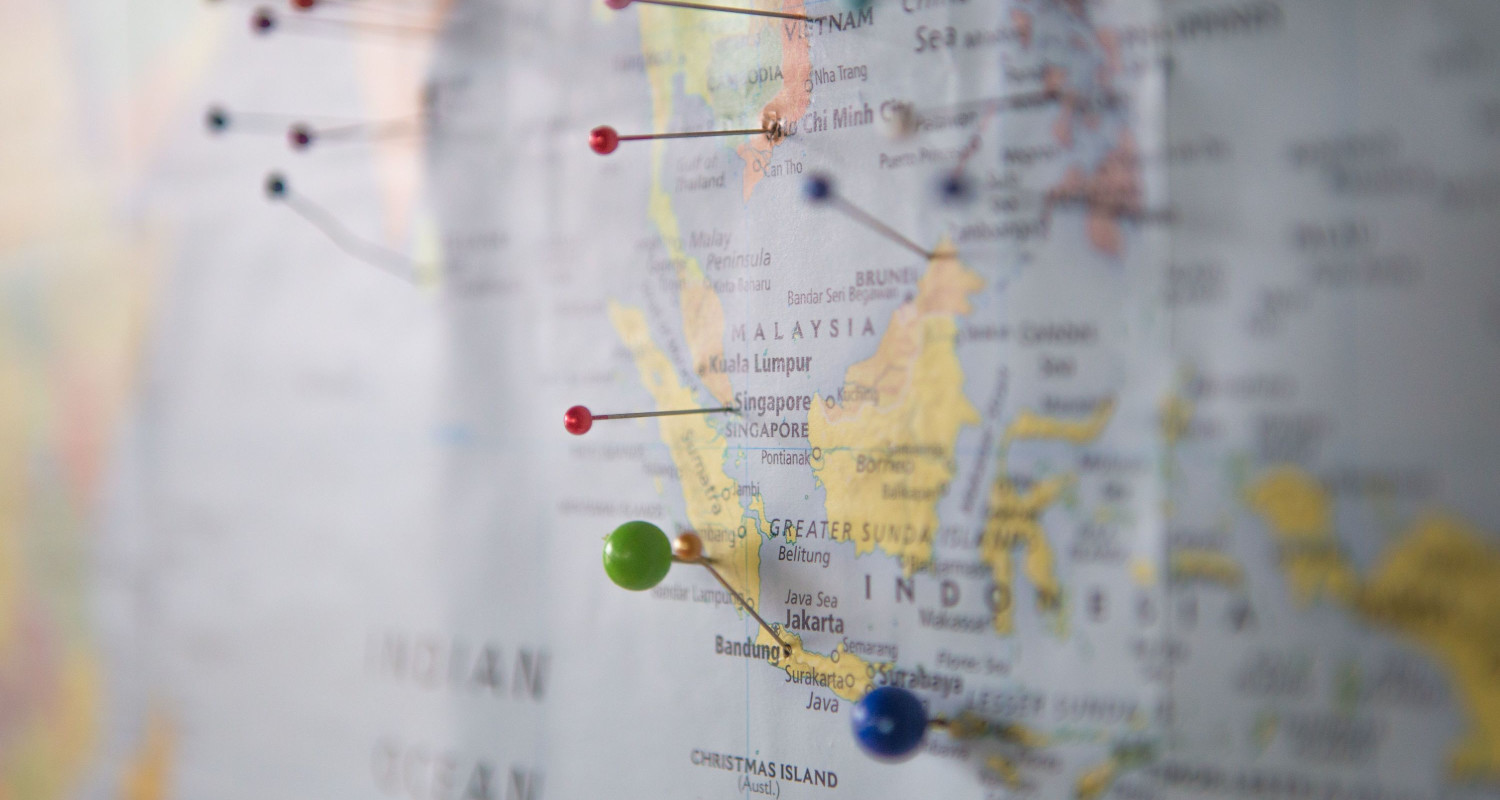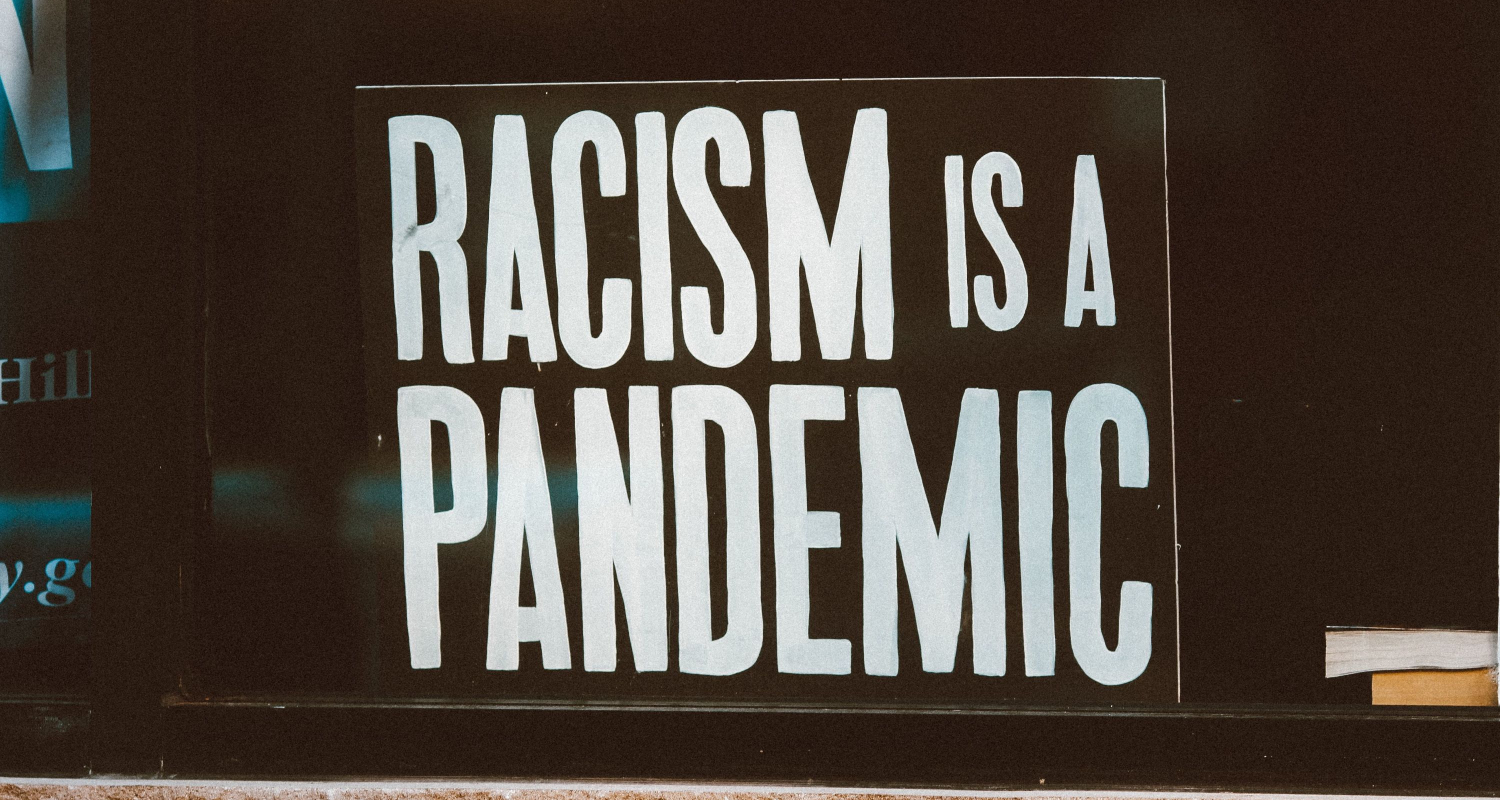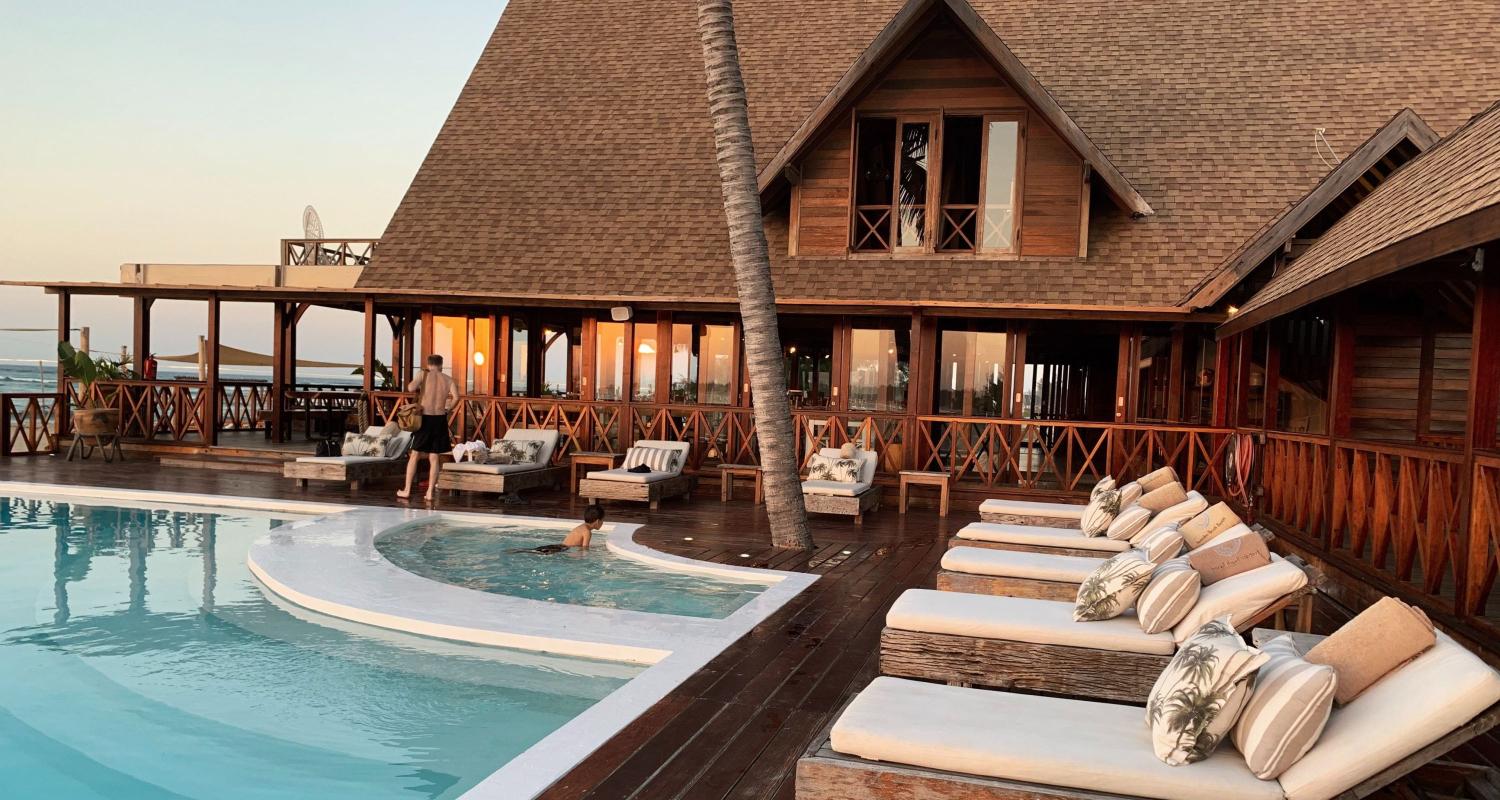Airbnb is a two-sided house and room rental platform. This platform is online and community-based. Moreover, Airbnb allows owners to rent their property safely and offers renters various options.
Airbnb is a unique business in around 200 countries and 1,500,000 listed locations. The main issue for this business sector is trust between the renter and owner. Airbnb has managed to build this trust with the help of its unique website. The user interface is simple, informative, and trustworthy. Airbnb’s SWOT analysis shows trust as the reason for its success.
The business model of Airbnb is very tough not only to maintain but also to earn profits. Good customer service and regular maintenance is essential. Continue reading if you want to know more about Airbnb SWOT analysis.
Airbnb SWOT Analysis: A Bold Model
Strengths
Early to the Market:
Airbnb is not the first online company in the renting space, but it was early to the market with a unique approach. First, Airbnb tried to make an easy-to-use website with precise information.
As Airbnb was early to market, this helped them to gain a customer base and brand loyalty. They got the opportunity to build the supply chain as they liked and had more partnerships available. This factor helped them a lot to gain market share.
Global Network:
Airbnb is in more than 200 countries and has over 6 million listings. This business has booked over 1 billion stays, much more than its competitors. Increasing the number of listed sites increases the choices for the renters. More choices result in properties of all price ranges.
Also, renters don’t have to look for other renters even when traveling across the border. This makes the Airbnb service more popular.
Business Strategy:
The exciting thing about Airbnb is that it owns no listed property. It is designed to help renters find properties easily. They have maintained a community between the owner and the renters. Airbnb only acts as a middleman in the rental process.
This model allows them to advertise a variety of properties. Also, hosts are not charged a fee to list their property. This makes their prices lower than those of rival companies.
Marketing Strategy:
A lot of effort has been put into Airbnb’s digital marketing, increasing its brand value. With their tagline “Belong Anywhere,” they have targeted a younger generation. They encourage renters to rent exclusive properties instead of standard hotel rooms.
This makes the renters have a better holiday experience. Their website has a ‘Discover’ and ‘Experiences’ feature to advertise their properties.
Weaknesses
Lack of Profits:
From the start, Airbnb has had issues with being profitable. In 2020, Airbnb lost more than 4.5 billion dollars, the highest loss ever. For this reason, investors hesitate to invest capital in the company. So, unpredictable factors like COVID-19 can shut the company.
Variable Policies:
As Airbnb is a global chain, it must deal with many laws and regulations. Renting a property is a legal process and requires a lot of paperwork after events like COVID-19 and changes in rules and regulations.
The pandemic and events like terrorist attacks can lead to strict rules. After serious events, countries may even cancel all the rent agreements. These obstacles make customer service very hard. They often leave renters and owners dissatisfied.
Easy to Replicate Business:
Airbnb doesn’t have any patents or anything unique. Their user interface and business model are easy to replicate. For example, after looking at the SWOT analysis of American Airlines, we can see how their competitors also entered the global airline industry after American Airline’s success.
Thus, competitors can enter this sector and decrease Airbnb’s market share.
Disparity and Racism:
Airbnb gives the authority to approve the renters to the property owners. Often, due to unfair reasons like race, color, gender, etc., the owner denies the renter’s request. This leaves a wrong impression on the users and the image of Airbnb.
Racism is a severe problem and a punishable offense. Airbnb has faced many lawsuits due to this problem. Apart from racism, many cases of fraud have also been reported. The owners often ask for a high and unfair price from the renters. The owners often ask for advance payment, but they defraud the renters after taking the money.
Quality Issues:
Customers often report that the owner’s property needs to be appropriately maintained. Many basic things like fans, fridges, taps, showers, etc have problems that must be fixed.
Moreover, the description and the photos of the location and property don’t match the reality. Sometimes, the two-sided rating system needs to be more accurate. This affects Airbnb’s overall brand image.
See Also: SWOT Analysis For a Clothing Business: Should You Start It?
Opportunities
New Market Opportunities:
Airbnb service is available in over 220 nations and 100,000 cities. Most of its income is created from its North American properties. In any case, this uncovered the brand to critical downturns within the economy of its primary market.
The brand can extend its markets to economies such as Latin America, the Center East, and Africa. In major cities like London, Paris, Rome, and Madrid, the use of Airbnb is much less compared to other parts of Europe.
Strategic Partnerships:
Airbnb can partner up with other rental services for better service and trust. This can make the renting process more efficient. Moreover, maintaining the rules and regulations will be much easier and smoother. For example, a SWOT analysis of Airbus shows how it increased its brand value and profits through strategic partnerships.
Long-Term Rentals:
Airbnb can have longer rental terms on its site. Inquiring rents in July 2022 had been 77.1% higher than 2020’s across the country’s middle net lease. 41% of inhabitants got to pay over 35% of their pay on lease. Airbnb can benefit by becoming a stage for these occupants to discover cheaper rates and superior convenience.
Luxury Rentals:
Airbnb has customarily been centered on budget-friendly rentals. But there’s an opportunity for the company to tap into the premium properties.
As the sharing economy develops, there’s a demand for luxury properties. If Airbnb can give high-end rentals that meet this request, it may create noteworthy income development.
See Also: How to Do SWOT Analysis of a Leader?
Threats
Increased competition:
Due to Airbnb’s success, many competitors from similar rental backgrounds have entered the market. Airbnb’s business model is standard so that it can be easily copied.
For this reason, Airbnb’s market share might decrease drastically. Many hotel chains and rental agencies have delisted themselves from the Airbnb site and partnered with rival companies.
Problems with Lawsuits:
Over time, many governments, hotels, and restaurants have filed lawsuits against Airbnb. The lawsuits are generally for illegal rentals, noise complaints, and property damage.
Defending this lawsuit requires a lot of money and ruins the brand’s reputation—owners whose property is damaged de-list themselves from the company. Some of these lawsuits may result in the cancellation of the permit for Airbnb to operate in the whole region.
Economic Downturns:
After natural disasters and the pandemic, the travel and rental sector has reduced significantly. When the economy becomes weak, people hesitate to travel. Constantly increasing pandemics and disasters are a significant threat to the brand. People also tend to travel less when there are wars between various countries.
Data Protection & Leaks:
Airbnb deals with an extensive database of debit cards, credit cards, and official ID cards. Thus, the confidentiality of social security and credit card numbers is significant.
The company’s database can be hacked and easily misused. The brand needs to have trust among the users. The owners expect the safety of their property, and the renters expect their privacy of financial and personal details.
See Also: What are the Four Parts of a SWOT Analysis?
Traditional Hotels & Booking Sites:
Conventional hotels are still in demand due to needing more trust in someone else’s property.
Traditional hotel booking sites like HomeAway, Vrbo, Agoda, TripAdvisor, etc., have many users and market share. These sites have partnered with local cost-effective and customer-centric airways like Southwest Airlines to offer lower prices and better experiences. Thus, this is a significant threat to the property rental industry and brands like Airbnb.
Conclusion
Airbnb SWOT analysis reveals that this brand is in a good position. Apart from the natural disasters, the business strategy and model of Airbnb have fewer problems. Airbnb’s tagline is famous among new-generation travelers. Moreover, Airbnb’s internal analysis reveals the opportunities that Airbnb can capitalize on and the threats the brand has to tackle.
The analysis helps Best Buy identify areas for improvement and develop strategies to capitalize on emerging trends and market opportunities.
See Also: How to do Competitor SWOT Analysis? 101 Guide
FAQs
What are Airbnb's strengths?
The Airbnb SWOT analysis, we can say that the strength of Airbnb is as follows: Early to market Global Network Business Strategy Marketing Strategy
What are the future threats to Airbnb?
What are the future threats to Airbnb? The SWOT analysis of Airbnb reveals the following threats: Data Leaks Lawsuits against Airbnb Increased Competition Traditional Hotels
Why will Airbnb fail?
According to Airbnb's SWOT analysis, a lack of trust and an increased number of competitors can lead to the end of Airbnb.
Is Airbnb a loss-making company?
Airbnb lost a lot of money but has recently reported $117m in profits in 2023.






